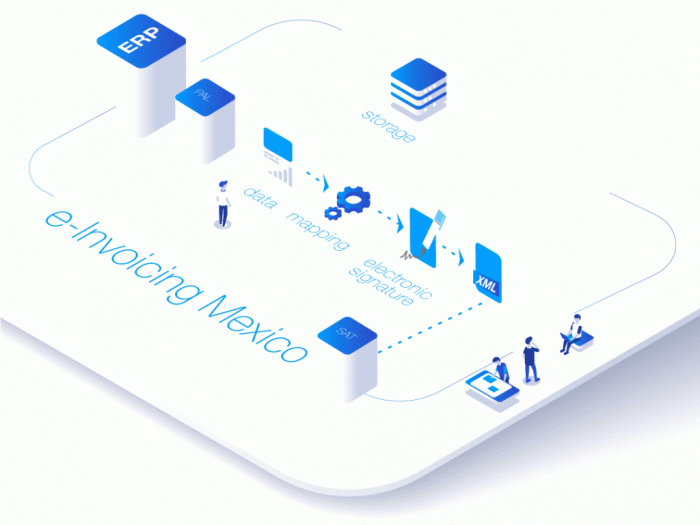We prepare your system for e-invoicing
In most Latin American countries, invoices must be sent directly or via certified providers to the relevant fiscal authority. As volumes increase, the risk of violations when legislative changes are made grows greater. We implement suitable technical solutions for SAP users.
- Avoid high penalties in the event of an audit
- Comply with e-invoicing requirements in multiple countries
- Use the SAP solution or integrate specialist providers








